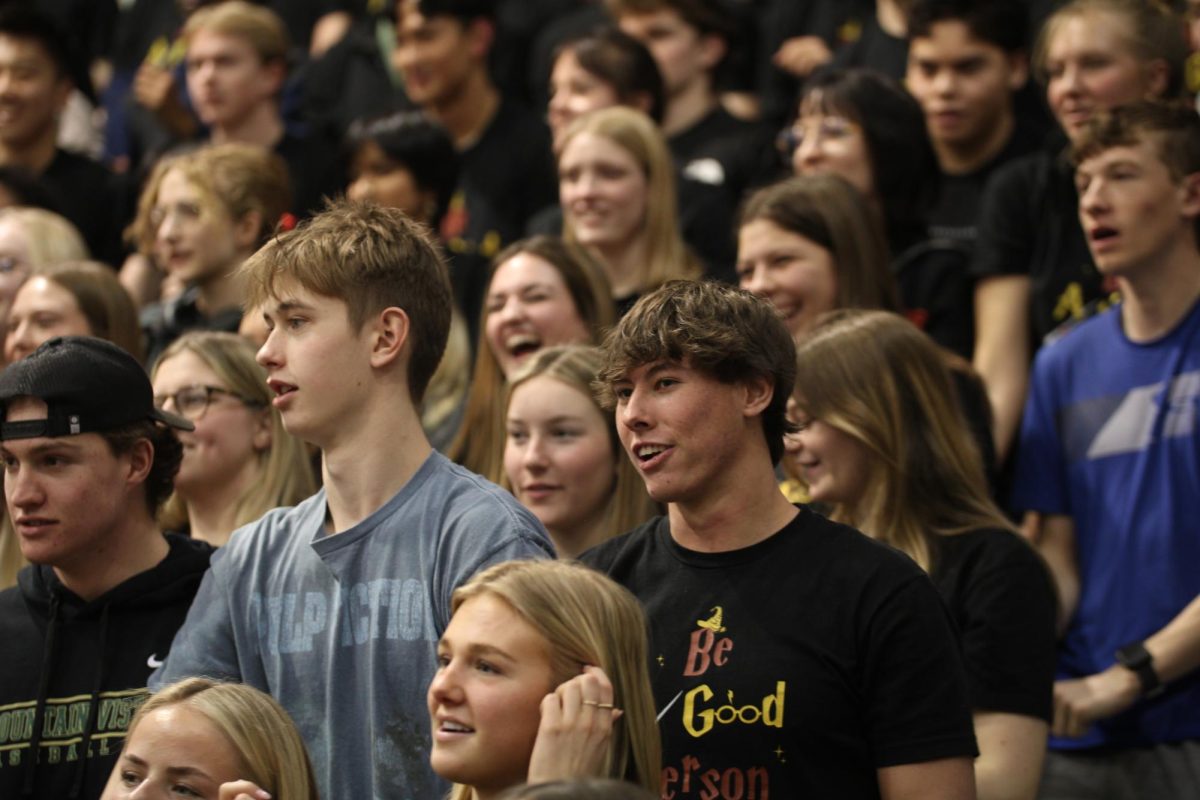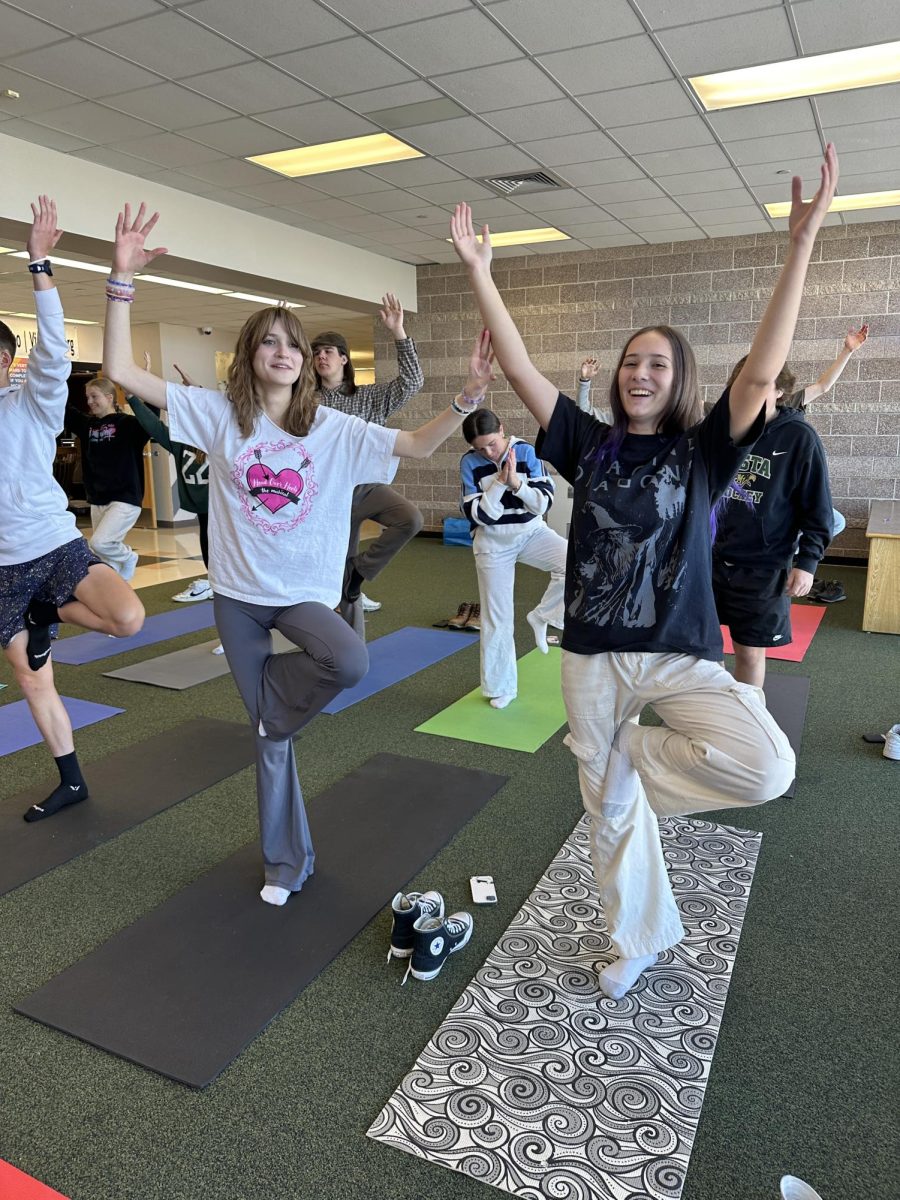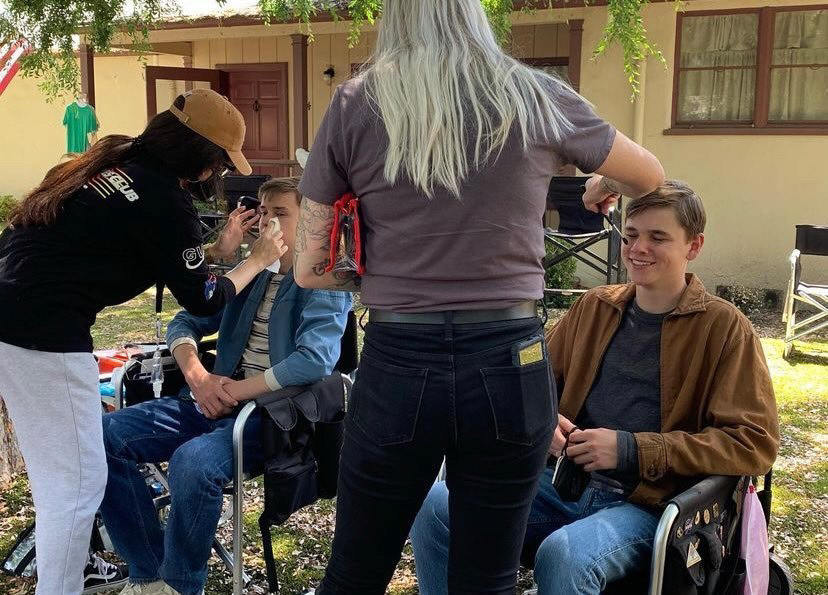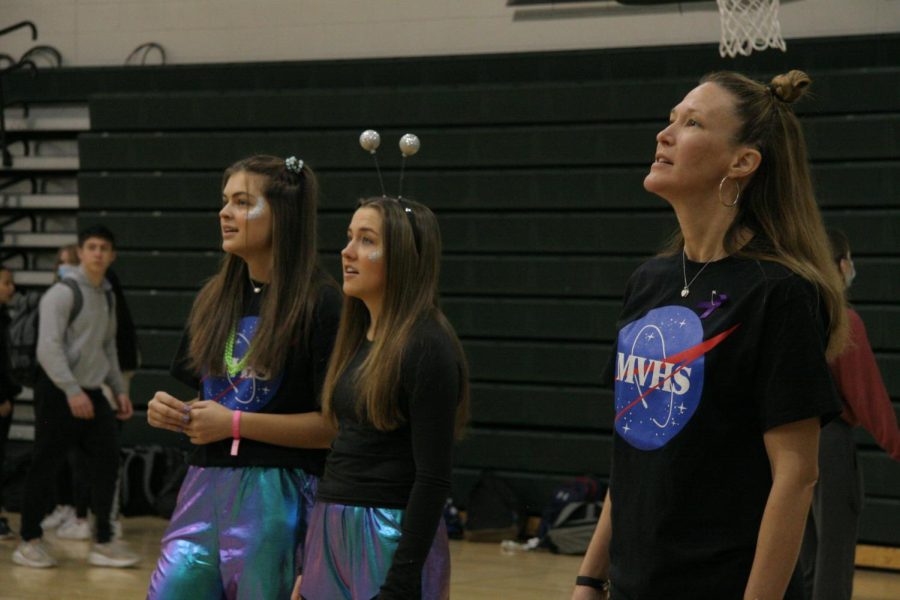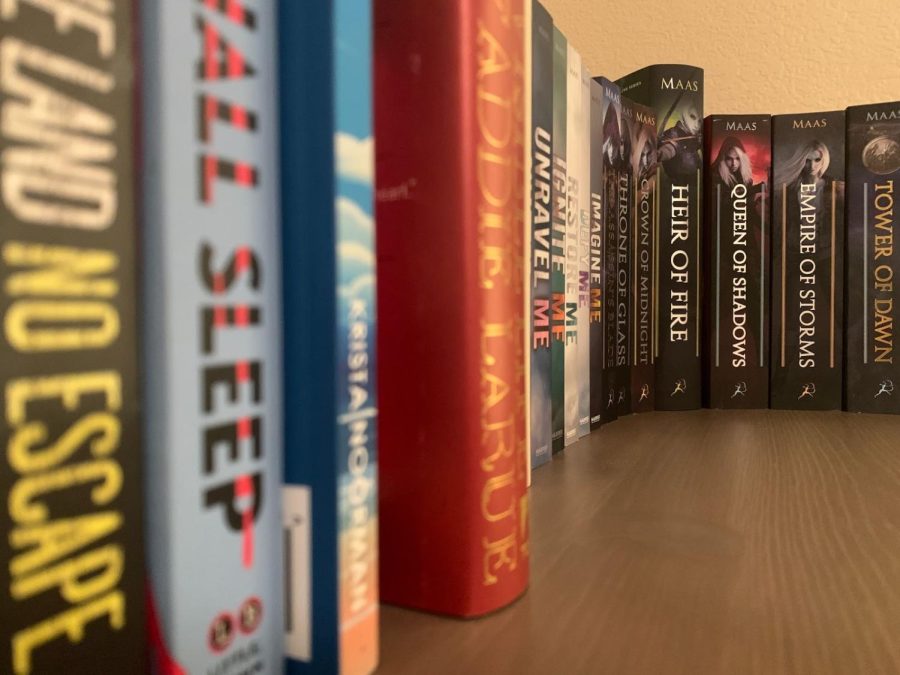Pages Vs. Remote
If you have ever watched a Percy Jackson movie without reading the books, then you may have been unaware of the amount of scenes that the producers cut out of the film from the actual chapters. Or maybe you have binged Harry Potter but didn’t realize the inaccurate representation between the book and film with Professor Dumbledore’s reaction when Harry Potter’s name gets pulled out of the Goblet of Fire. Maybe you haven’t watched either and you are in the situation where you would rather just press buttons on a remote than flip open a good book. Now ask yourself, if you would rather watch TV than read a piece of literature, do you really know what you are missing out on within the pages? People, especially this younger generation, should consider reading instead of watching for entertainment.
Although you can listen to dialogue on the screen, many viewers may feel like they can’t connect with the characters on an emotional level. Books can provide first-person narratives and help readers understand situations within the plot through various characters’ eyes and their expressed emotions.
Not only do books have a more diverse exposure to the characters, but they have more positive health benefits. With advancing technology and easier accessibility to movies and shows on our electronics, we are exposed to unhealthy bluelight. According to Dr. Rahul Khurana, a spokesperson for the American Academy of Ophthalmology, “blue light wakes us up and stimulates us [during the day], but too much blue light exposure late at night from your phone, tablet or computer can make it harder to get to sleep” (Vimont). Dr. Lee R Duffner from the American Academy of Ophthalmology says that watching a screen too close or at an odd angle “may cause eyestrain” (Duffner). Books provide a healthier, alternative resource for entertainment compared to blue-light emitting, eye straining electronics.
By increasing reading and decreasing TV time, people are not only helping their physical health, but are also causing creativity and brain activity. According to Alexandra Akinchina from the World Literacy Foundation, “The more we read, the better we can build up and expand our knowledge. We can be open to new ideas and have an understanding of new things” (Akinchina). Similar to how movie and show producers provide visual entertainment for viewers, “reading helps us practice imagination by letting the words describe a certain image while the reader manipulates the picture in the mind” (Akinchina). This causes our brain to act like a muscle and reading helps strengthen it. Our future is literally depending on this generation’s more enlightening entertainment choices. Imagination helps people come up with new inventions and ideas to help advance society, therefore more people should build up their brains through literature rather than a show.
Some may argue that TV is easier to access because of advancing technology and that reading can be a struggle, but books can be delivered within days of ordering them online and listening to audiobooks is always an alternative option.
Next time you sit down to relax, try picking up a book instead of the remote because of the better health benefits and superior details that TV fails to provide.


